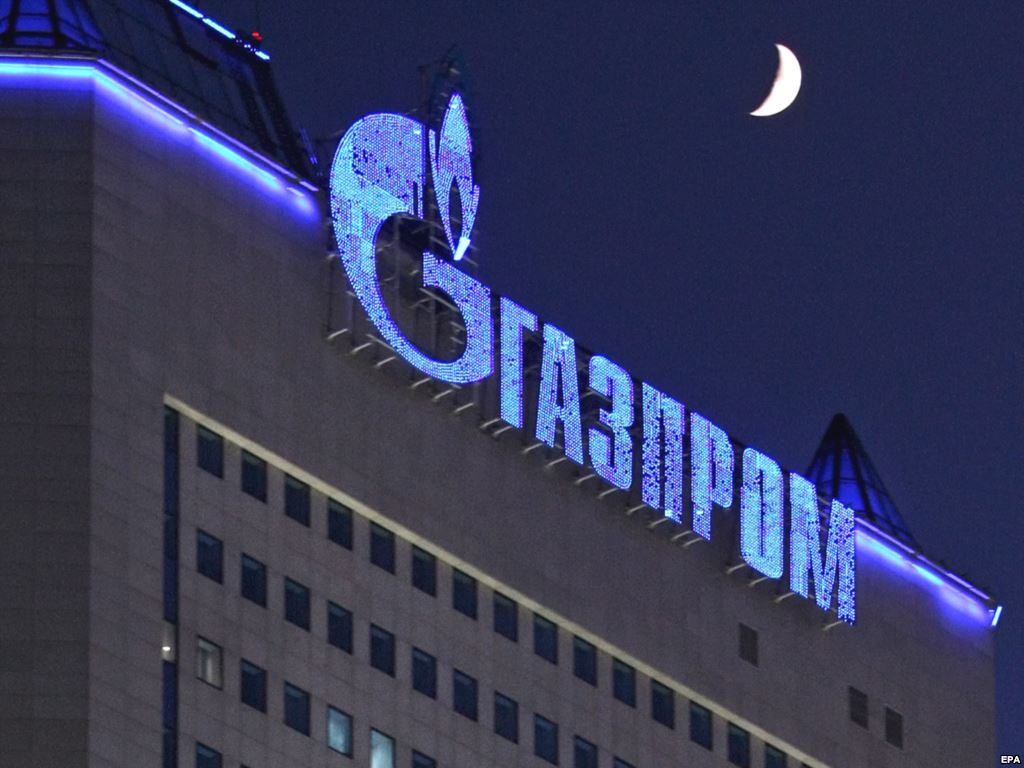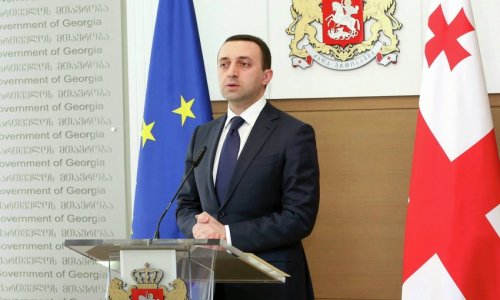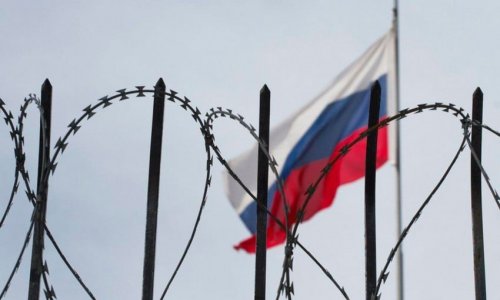Turkey relies on Russia for about half its natural gas supplies, paying state-controlled Gazprom PJSC as much as $10 billion last year. That makes their energy ties an unattractive target for retaliation.
With so much at stake for both sides, Russia may have to look elsewhere in its response to the downing of its warplane by Turkey on Tuesday. Russian Deputy Energy Minister Anatoly Yanovsky said that supplies to Turkey would continue in line with the contract. Longer term, Turkey could reduce its
dependence on Russian gas through alternative supplies from Iran and the U.S.
"Turkey will probably not want to halt any existing energy arrangements, but it almost certainly means Turkey will start a renewed look at what alternative energy relations it can have,” said John Roberts, an energy security specialist at Methinks Ltd. in Jedburgh, Scotland. "Two obvious choices are becoming a customer for U.S. LNG; the other is Iran.”
The relationship between Turkey and Russia over gas supplies was already weakening before Russia’s warplane was shot down, and talks over a new gas pipeline had stalled, according to Alexander Kornilov, an Alfa Bank analyst in Moscow.
It was only last year that President Vladimir Putin said Turkey could become an energy hub for southern Europe and proposed to build Turkish Stream, a gas pipe under the Black Sea. As the nations fell out over the conflict in Syria, Moscow-based Gazprom, the world’s largest gas producer, said last month
it would cut the capacity of a planned link to Turkey and on to Europe by 50 percent. The proposed pipe would help Russia reduce its dependence on gas transit via Ukraine, the current route for more than 10 percent of Europe’s gas.
While Turkey can’t turn away from Russian supplies right away, it still has leverage to fight against retaliatory moves from Russia, such as taking a hard line on prices or threatening cuts, according to Sijbren de Jong, an analyst at the Centre for Strategic Studies in The Hague.
The sales volume from Turkey is equivalent of 17 percent of Gazprom’s total exports outside the former Soviet Union, according to company data. Sergei Kupriyanov, a Gazprom spokesman, declined to comment.
(Bloomberg)
www.ann.az
Follow us !











